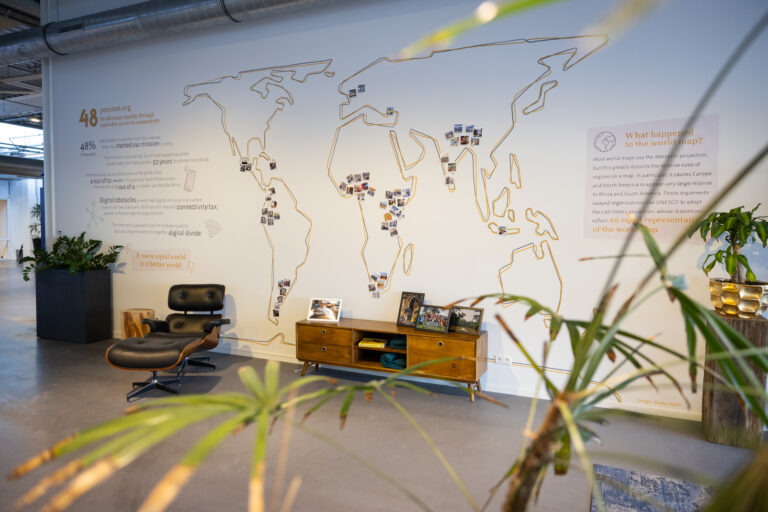Digital Inclusion Pilot Project
Together with Alliantie Digitaal Samenleven, Freedom Internet and the municipality of Westerkwartier, 48 percent will connect 50 households to low-cost internet.

Project status: Ongoing
Country: the Netherlands
Partners: Alliantie Digitaal Samenleven, Freedom Internet, Municipality of Westerkwartier
Impact goal: 50 households
About the project
Through this pilot project, 48 percent, together with Alliantie Digitaal Samenleven, Freedom Internet, and the Municipality of Westerkwartier will offer affordable internet connection for homes, laptops, along with the skills and assistance to be able to utilize it. Over the course of the coming year, the project partners will work with 50 households in the Westerkwartier municipality to assess the effectiveness of a district-driven approach. Next to this, they are researching how this pilot project can been expanded nationally.
Updates
The partners have mapped out the area and 50 households have been selected to be included in the project.
So far, 8 participants have been recruited to participate. Simultaneously, various ways of recruiting participants are being explored. These 8 participants have been onboarded to the project, meaning they've received laptops and signed up with Freedom Internet.
You can read our blog about the project here!
About the partners
Alliantie Digitaal Samenleven is a Dutch organizations who's mission is to ensure digital inclusion for all. They do this through initiating cooperation between the government, civil society organizations, businesses, and experts by experience.
Freedom Internet is a Dutch internet provider that values security and privacy.
Westerkwartier is a municipality in northern Netherlands, in which the pilot project is being rolled out.